How can democracy survive in an era of disinformation? Or is democracy too slow and inefficient to prevail?
The global indicators measuring the state of democracy have pointed downwards for many years. The war in Ukraine and the rise of authoritarianism have further increased concerns about the future of democracy.
Digitalisation and social media have led from an information environment dominated by traditional media and its gatekeepers to a hybrid information environment characterised by algorithms and data collection. The significance of this change has been compared to the invention of the printing press.
Communications technology revolutions have redistributed power before and this is also the case in the current digital revolution. We live in an era where we have access to more information than ever before. But, at the same time, we have less knowledge about how to produce, target and organise that information.
You can’t be critical in the face of the unknown. In the past, we knew the media around us and who owned it and so could reflect critically on it. We had media literacy to do so. But how can we act as critical citizens of democracies if we are completely in the dark about how our media reality is constructed?
These are some of the questions that TV producer, writer and disinformation and propaganda expert Peter Pomerantsev contemplated in a panel discussion hosted 15 September by Sitra on the theme A bright future ahead for democracy?
According to Pomerantsev, a key struggle in the ongoing geopolitical conflict between democracies and authoritarian states is whether a genuinely democratic public sphere can really exist. Many authoritarian leaders see democracy as only a play in which some people pull the strings in the background to make seemingly free individuals play their part in democracy – or “democracy”. This fundamental difference of view is currently being violently concretised in Russia’s criminal war of aggression against Ukraine.
Pomerantsev is one of the world’s foremost experts in his field. He is the author of Nothing Is True and Everything is Possible and This Is Not Propaganda – Adventures In The War Against Reality, among other works. This year, Pomerantsev was awarded the European Press Prize. You can watch Pomerantsev’s keynote speech and the following panel discussion on YouTube or below.
The panel, including Pomerantsev, the Founder and Executive Director of the Defend Democracy organisation Alice Stollmeyer, Sitra’s President Jyrki Katainen, Director Veera Heinonen and Project Director Jukka Vahti, discussed digital power and its impacts on democracy. The recording is in English.
Pomerantsev’s four solutions for the era of information wars
1 We have to think about regulation
In a democracy, the information environment and public debate cannot be regulated to death. For example, it is impossible to check all facts or chase after every piece of disinformation in huge floods of information.
It is not only about content, but about the structure of society and our media environment, so we need to start with citizens’ experiences online and their opportunities to act as a part of a democratic society. We need to know how the algorithms work, who is behind our content and where the data collected about us ends up.
2 We have to think about the design of the digital environment
The business model of social media platforms is based on driving engagement, and this is best achieved through polarising and disruptive discussion. What would be a social media model that actually benefits public debate?
Let’s develop better solutions in our digital environment, solutions that build our society instead of taking it apart. For example, we could create a new generation of citizen media that aims to bring different ways of thinking to interact with each other.
3 We have to reinvent media
In the West, the disintegration of production structures and economic crises have undermined people’s belief in development. Facts have become something that mainly tell us about things that are unpleasant. That is why more and more people are susceptible to populistic messages that draw a better past rather than from a better future.
To counteract this hopelessness, we need to create tools and channels for positive conversations about the future, without forgetting shortcomings and tensions. Such conversations can also be designed differently than now to make them more constructive.
4 We have to come up with our own responses to the information war
Let’s start our own information campaign, otherwise we give Putin and other authoritarian leaders the keys to shaping the rules of the information war as well as an opportunity to influence the way we engage in public debate.
When Russia and China claim that freedom of choice and deliberative democracy are myths, we must prove that they are not.
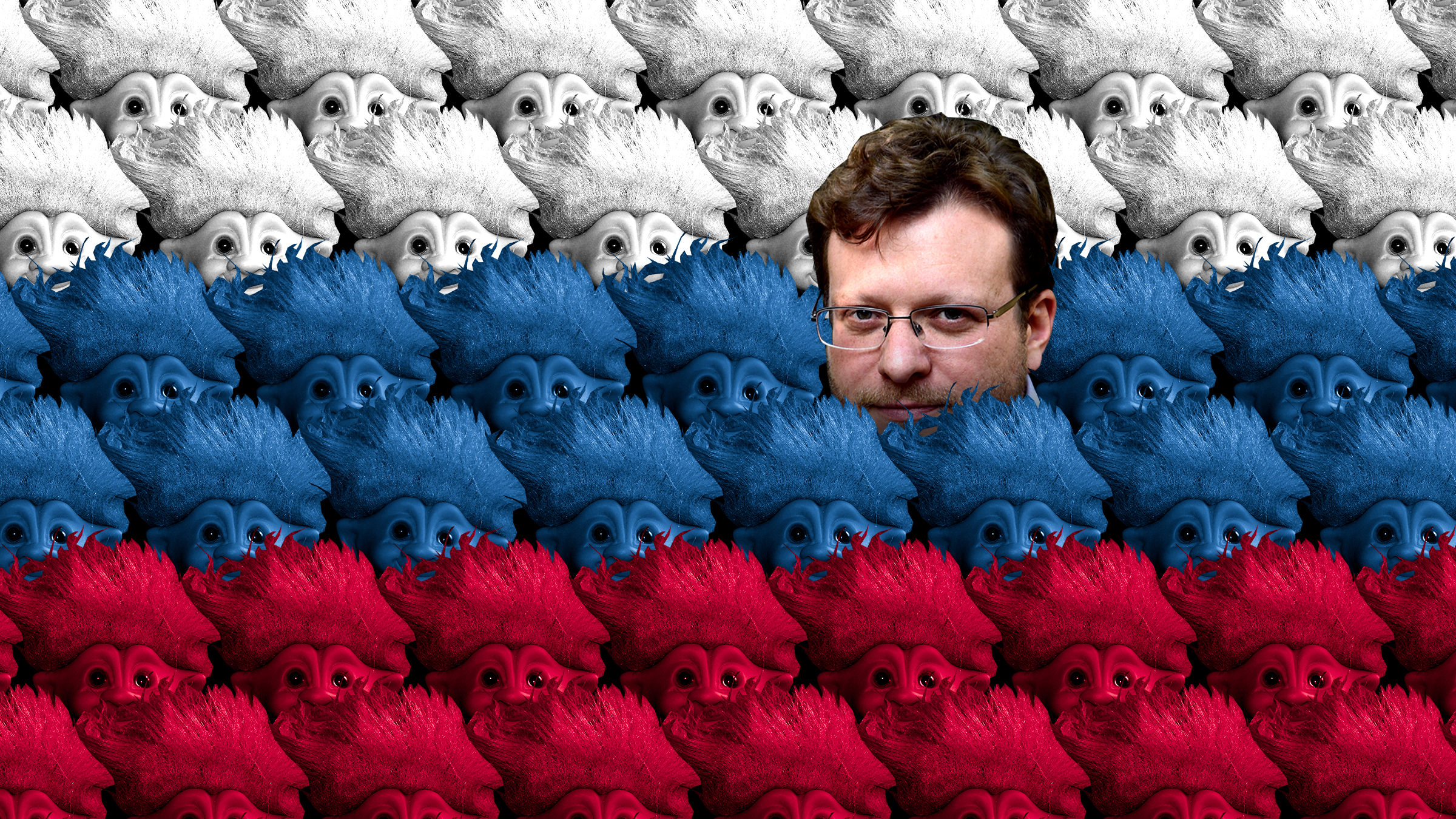


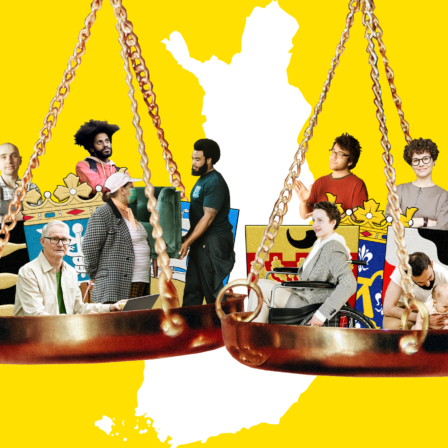

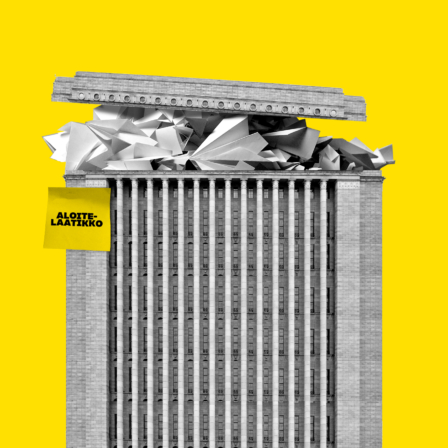

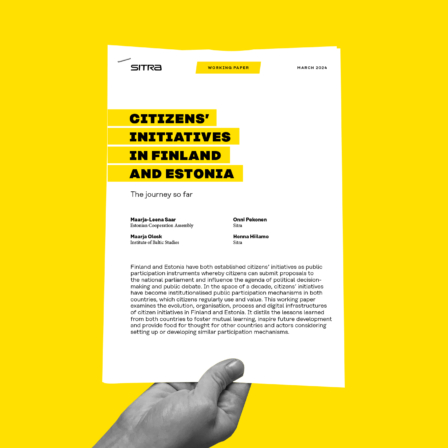
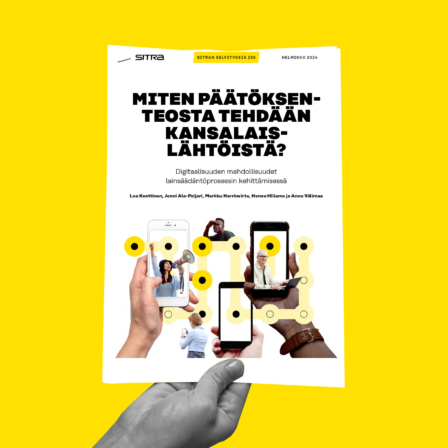
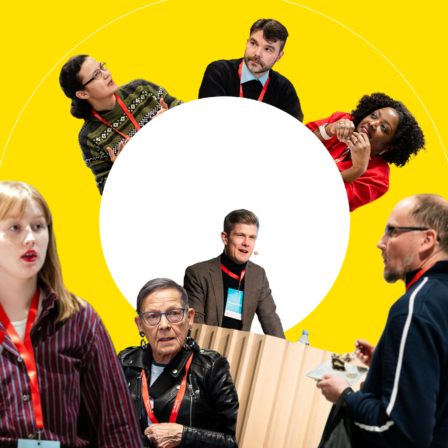

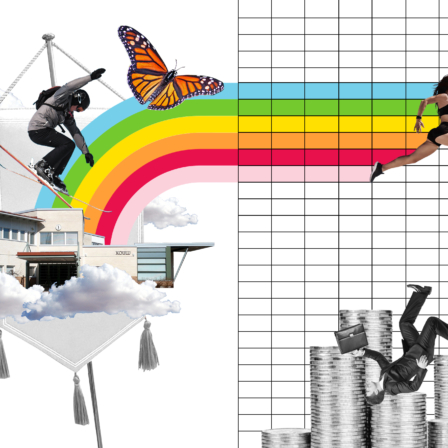

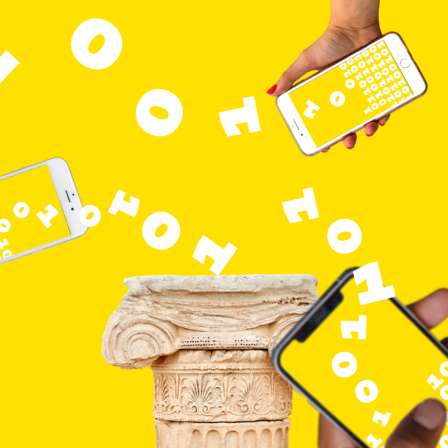
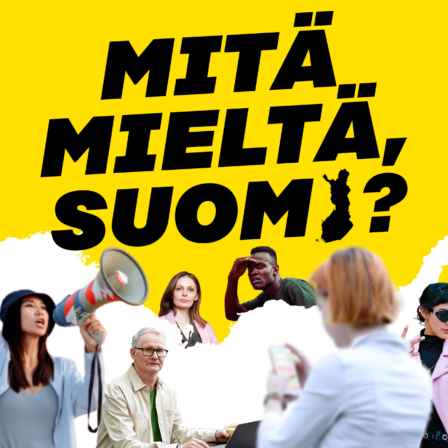




Recommended
Have some more.